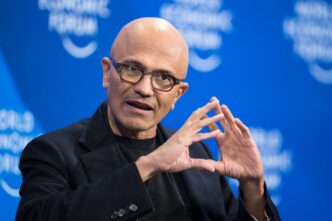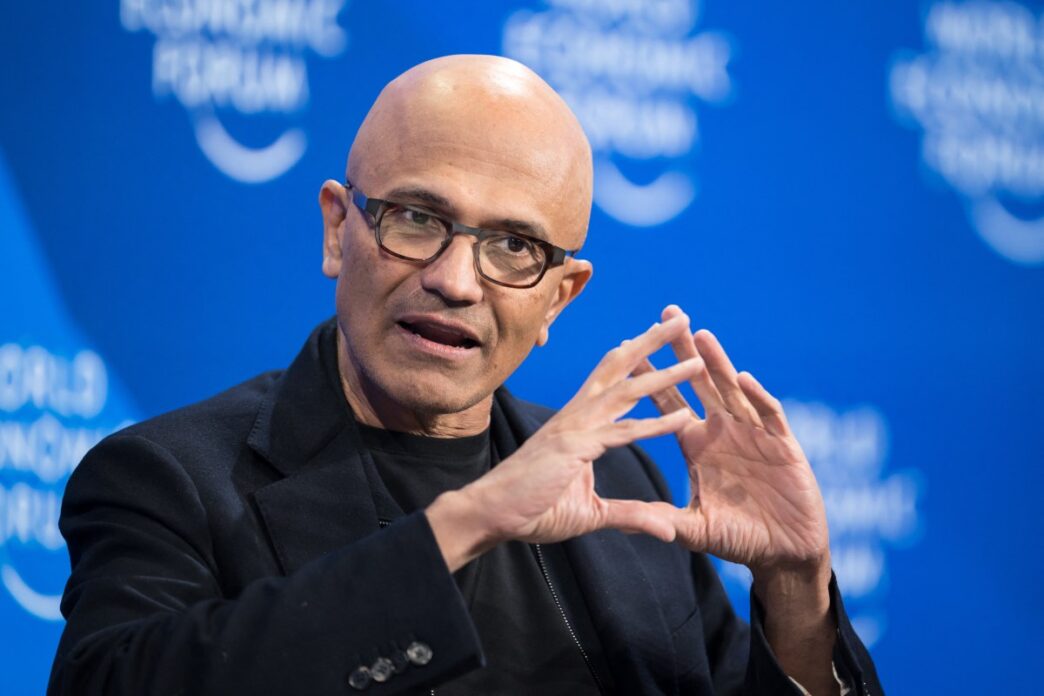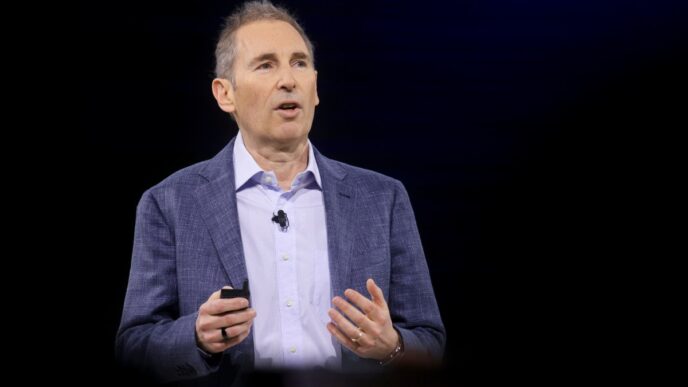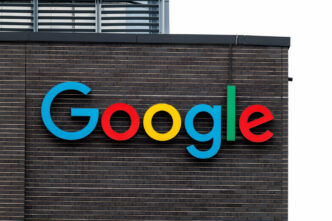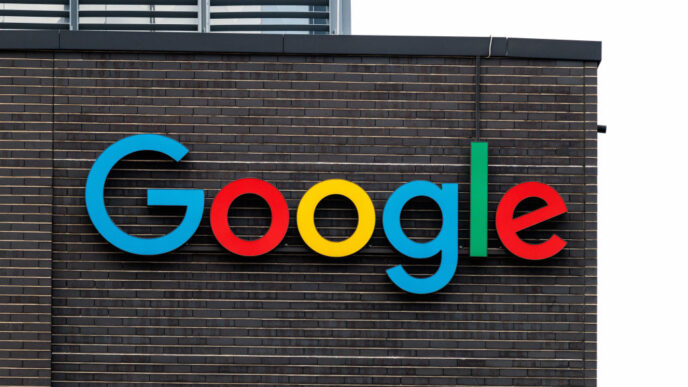OpenAI scored a $200 million contract from the U.S. Department of Defense. The deal covers developing and prototyping AI systems for administrative tasks and more.
The pitch includes helping service members navigate healthcare, streamlining data programs, and “supporting proactive cyber defense.” OpenAI stressed all use cases must follow its usage policies.
The DoD described the contract this way:
“Under this award, the performer will develop prototype frontier AI capabilities to address critical national security challenges in both warfighting and enterprise domains.”
Whether this involves weapons or just related tasks like paperwork is unclear. OpenAI no longer explicitly bans military or warfare uses in its terms, after removing that restriction in January 2024. Individuals still can’t use ChatGPT or APIs to build or deploy weapons.
Silicon Valley is watching closely. Andreessen Horowitz co-founder Marc Andreessen called the AI race versus China a “cold war” recently on the “Uncapped” podcast. The DoD’s deal signals a push to leverage U.S. AI tech aggressively.
This new government push puts OpenAI somewhat at odds with Microsoft, its major investor. Microsoft has long handled secure government cloud contracts — including DoD approvals for Azure OpenAI services earlier this year. Now DoD seems to be cutting OpenAI a direct check.
OpenAI rolled this out under a new “OpenAI for Government” program, which ties together other government deals with National Labs, NASA, NIH, and Treasury.
Neither company has commented yet on how this affects their partnership. But from Microsoft’s side, this move stings.
No official responses from either company as of now.
